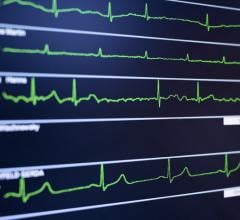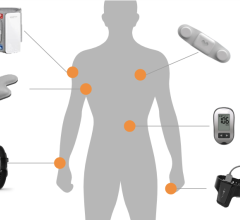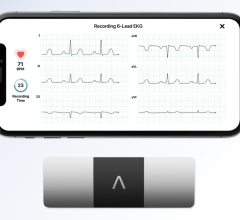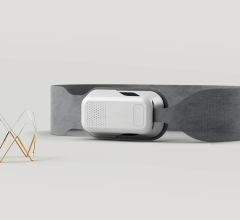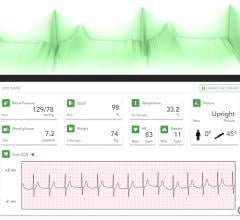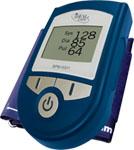
June 2, 2009 - IDEAL LIFE Inc. and home care agency Bayada Nurses Inc. said today hospitalizations for patients using IDEAL LIFE’s remote health management products for congestive heart failure (CHF) and hypertension decreased 40 to 60 percent since the program began in September 2007.
The clinical results were so favorable that Bayada Nurses, one of the nation’s largest home health providers, expanded use of the IDEAL LIFE system across offices in Pennsylvania, Arizona and New Jersey.
Participating patients monitored their daily weight fluctuations - a key indicator of heart failure - and blood pressure using both a Bluetooth-enabled digital weight scale (the IDEAL LIFE Body Manager) and a blood pressure monitor (the IDEAL LIFE BP-Manager). The wireless telemedicine devices easily and automatically store and send health information to designated medical professionals, enabling them to make timely decisions that can prevent unnecessary hospital stays. Bayada staff also found IDEAL LIFE’s products provided opportunities for “teachable moments” with their patients, especially when symptoms were most acute.
“Preventing just one hospitalization can save health plans as much as $30,000,” said Brian Farber, director of the telehealth program at Bayada Nurses. “Using IDEAL LIFE’s affordable and effective products, we now have the potential to help millions of people better manage their health and reduce healthcare costs.”
IDEAL LIFE is one of the most widely-used systems for remote health monitoring in North America, with FDA-approved products designed for individuals with chronic conditions such as CHF, diabetes, obesity, and hypertension. The company’s consumer-inspired monitoring devices can be used with cell phones, land-line phones, and the Internet, and have gained enthusiastic support from medical experts across the country.
For more information: www.ideallifeonline.com

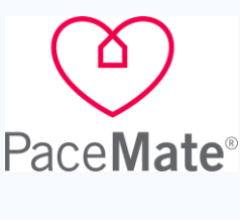
 September 16, 2025
September 16, 2025 




